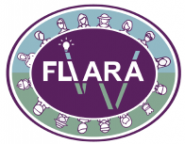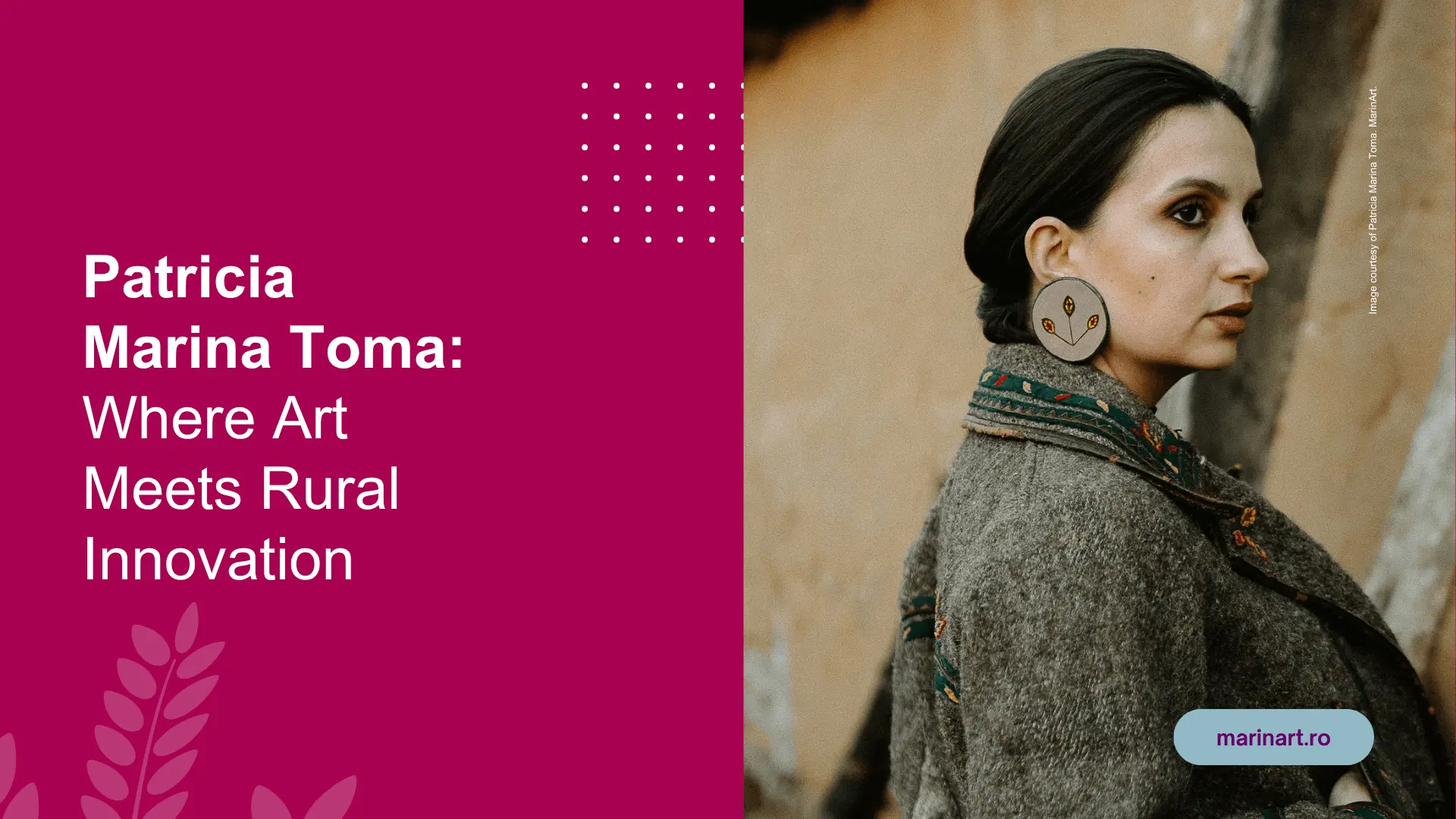When Patricia Marina Toma introduces herself, she doesn’t start with titles or awards. Instead, she speaks of Marin — the small village in northwest Romania where she was born in 1997 and where her life’s work continues to unfold. “I am a photographer and documentary filmmaker,” she says softly, “but most of all, I have been working with my community for the last nine years.”
Her journey began in her teenage years, fuelled by a longing she carried as a child. Growing up, Patricia loved photography, painting, and drawing — yet her village lacked the opportunities and resources to nurture these passions. It wasn’t until she left for high school and later university in Cluj-Napoca that she could access formal training. “I really wanted to offer to my community and to the kids from my village the chances to be part of those projects that I didn’t have when I was their age,” she recalls.
That wish gave birth to MarinArt. Centru Cultural, Educaţional şi Artistic, a cultural and educational centre Patricia co-founded with her mother. The project began with the restoration of a 1903 traditional house, transformed into a vibrant hub for creativity and learning. Together, they also built a local rural library—a first in the area—and opened the doors to workshops, cultural events, and inclusive artistic projects.
From 2016 to 2019, Patricia pioneered a local festival that quickly became a cornerstone of village life. It wasn’t just a celebration — it was a storytelling platform for the entire community. Traditional wedding rituals were reenacted in costume, local dishes were shared, and children took part in creative workshops. Despite scarce resources, the festival united neighbours across generations and backgrounds.
The pandemic could have ended the momentum, but Patricia adapted. Partnering with an NGO, she secured national funding to continue MarinArt’s mission. Artists and trainers from across Romania travelled to Marin, leading workshops in theatre, illustration, photography, documentary filmmaking, storytelling, and textiles. “We wanted to bring to the children and women in Marin the opportunities I never had growing up,” Patricia says.
Her work goes beyond art — it’s about dignity and connection. Patricia has a particular gift for listening to those whose voices are often unheard in rural communities: children, women, and elders. Her photography project “People of the Village” grew out of this sensitivity, capturing the life stories of the elderly. The resulting exhibition travelled across more than seven locations in Romania, giving visibility — and pride — to those too often forgotten.
The impact of MarinArt is tangible. After nearly a decade, local women are once again creating traditional textiles, some finding ways to sell their work and sustain a livelihood. Others have partnered with gastronomy projects beyond the village. Children — whether born in Marin or visiting from Spain and Italy during holidays — now collaborate in inclusive, intercultural workshops, often alongside Roma peers. The result is a thriving community that values creativity, emotional intelligence, and heritage.
But the path hasn’t been without challenges. “The first challenge I faced was being taken seriously,” Patricia admits. “I was only 16 or 17 when I began. My community trusted me, but institutions and authorities didn’t believe I could really make an impact.” Accessing external support remains difficult, but Patricia’s perseverance and the trust of her neighbours have carried her forward.
Today, she finds strength in connection. Through the FLIARA project, Patricia has met women across Europe leading innovative initiatives in rural areas. “It’s very empowering to see that even though we come from different backgrounds and countries, we share many of the same struggles—and we often arrive at similar solutions.”
Looking ahead, Patricia’s dream is sustainability. She hopes to build a strong group of volunteers within Marin, people who can take ownership of new ideas and projects, and perhaps even small businesses. She sees FLIARA as a key resource in this journey, offering networking and knowledge-sharing opportunities that can strengthen her work.
Her advice to other women innovators is simple yet profound: “Collaborate. Be open to sharing and receiving new ideas. Learn from outside your community, then bring that knowledge home.”
Through MarinArt, Patricia Marina Toma has proven that innovation in rural areas doesn’t always come from technology or policy. Sometimes, it begins with a restored house, a camera lens, and the courage of a young woman determined to give her community the opportunities she once longed for herself.



